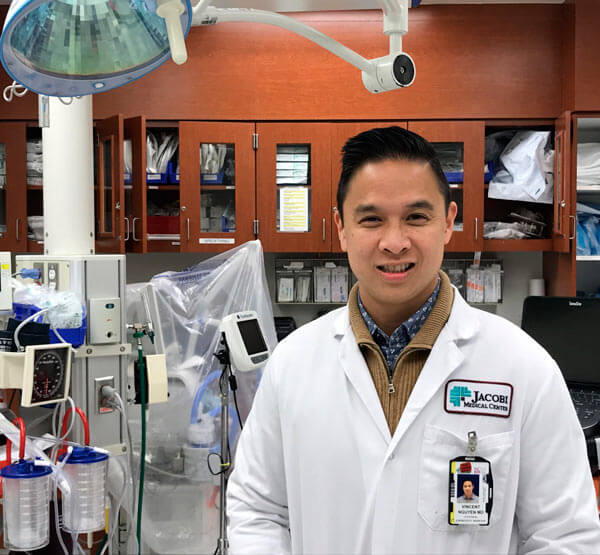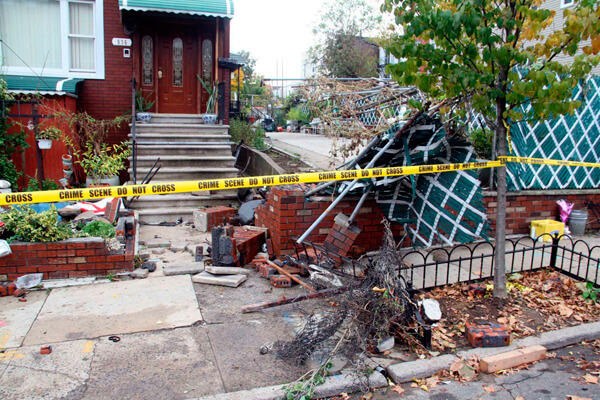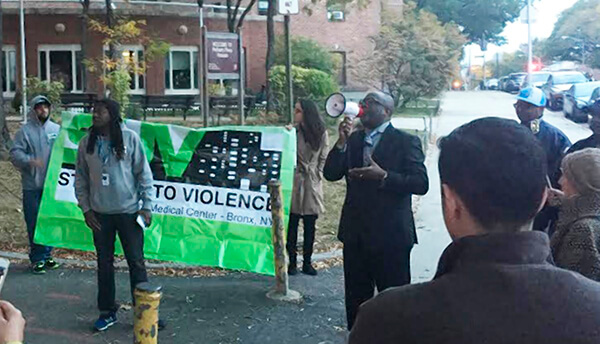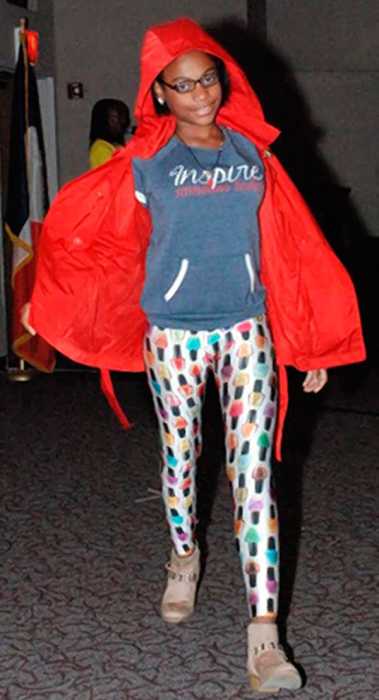Hookah smoking appears to be a leading serious health condition that may take a toll on users for years to come, and is causing an uptick in hospital admissions.
Jacobi Medical Center, is reporting a remarkable increase in carbon monoxide poisoning cases related to hookah smoking: a phenomenon that didn’t exist at all to any discernable degree just a few years ago, hospital officials said.
The number of cases of CO (carbon monoxide) poisoning related to hookah in the Jacobi Emergency Department jumped from five cases representing six percent of all emergency CO cases in 2016 to 14 cases representing 20 percent of all CO cases in 2017.
While 2015 saw six such cases representing 12 percent of cases, just a few years prior to this, no cases related to smoking hookah were observed, said Dr. Vincent Nguyen, an ED doctor and medical toxicologist who specializes on treating overdoses.
“In the past three or four years we have definitely seen more cases, and…anecdotally, in the years before, I don’t recall any cases,” said Nguyen, who has worked in the Jacobi ED since 2009.
It is a bit unclear if the carbon monoxide is coming from the hookah material, nicotine in the hookah or the charcoal material that is used to heat the hookah, said Nguyen.
There is a popular misconception that hookah is safer than smoking cigarettes, the doctor said.
“I think that most people, certainly the people who smoke hookah regularly, think that smoking hookah is much safer than smoking cigarettes,” said Nguyen. “They think it is safer because they smoke less often than people who might smoke cigarettes frequently.”
However, the doctor said that the cases he sees involving hookah carbon monoxide poisoning create CO levels in patients, meaning the percentage of oxygen in the blood replaced by carbon, that cigarettes are not powerful enough to create.
“An average smoker might have a carbon monoxide level of their blood of five to eight percent,” said Nguyen. “Some the patients that have gotten sick from hookah smoking have had levels as high as 30 percent; there is probably no way you can you can get that high with cigarettes.”
He added: “30 percent is on par with being involved in a fire, or if someone was trying to hurt themselves by committing suicide through (affixation) from the exhaust in a car, (in those cases) those are the types of levels you would see.”
Another example of levels of poisoning in that range could be seen in a family who spent an overnight period inhaling fumes from a faulty home furnace, said the doctor.
The CO exposure causes two problems: the initial problem is that it makes it tough for you to breath because CO outcompetes with oxygen, according to the doctor.
The second are neurological issues related to the exposure, the symptoms of which typically develop later on, said Nguyen, and could involve loss of coordination or memory.
Seizures are also common in hookah-related cases, he stated.
CO exposure is typically treated with using 100 percent pure oxygen, which is probably good enough to solve any breathing issues, but likely not effective enough to counter neurological problems due to the effect of the CO on the brain, the doctor said.
The neurological issues require hyperbaric oxygen, meaning oxygen that is pressurized at a much higher level than normal, which can halt inflammation in a patient’s brain.
Jacobi Medical Center has some of the most advanced equipment in the tri-state area to treat CO poisoning cases, including what is called a hyperbaric chamber that pumps pressurized oxygen simulating the experience of inhaling oxygen much like a diver would at about 60 feet underwater.
Unlike hyperbaric chambers at other hospitals in the city and beyond that can only treat a single person at once, the chamber at Jacobi, which a hospital spokesman confirmed resembles a large submarine taking up an entire large room, can treat up to six people seated or two people on stretchers at one time.
According to published reports, smoking hookah for a long period of time is like smoking 100 cigarettes at once.






















